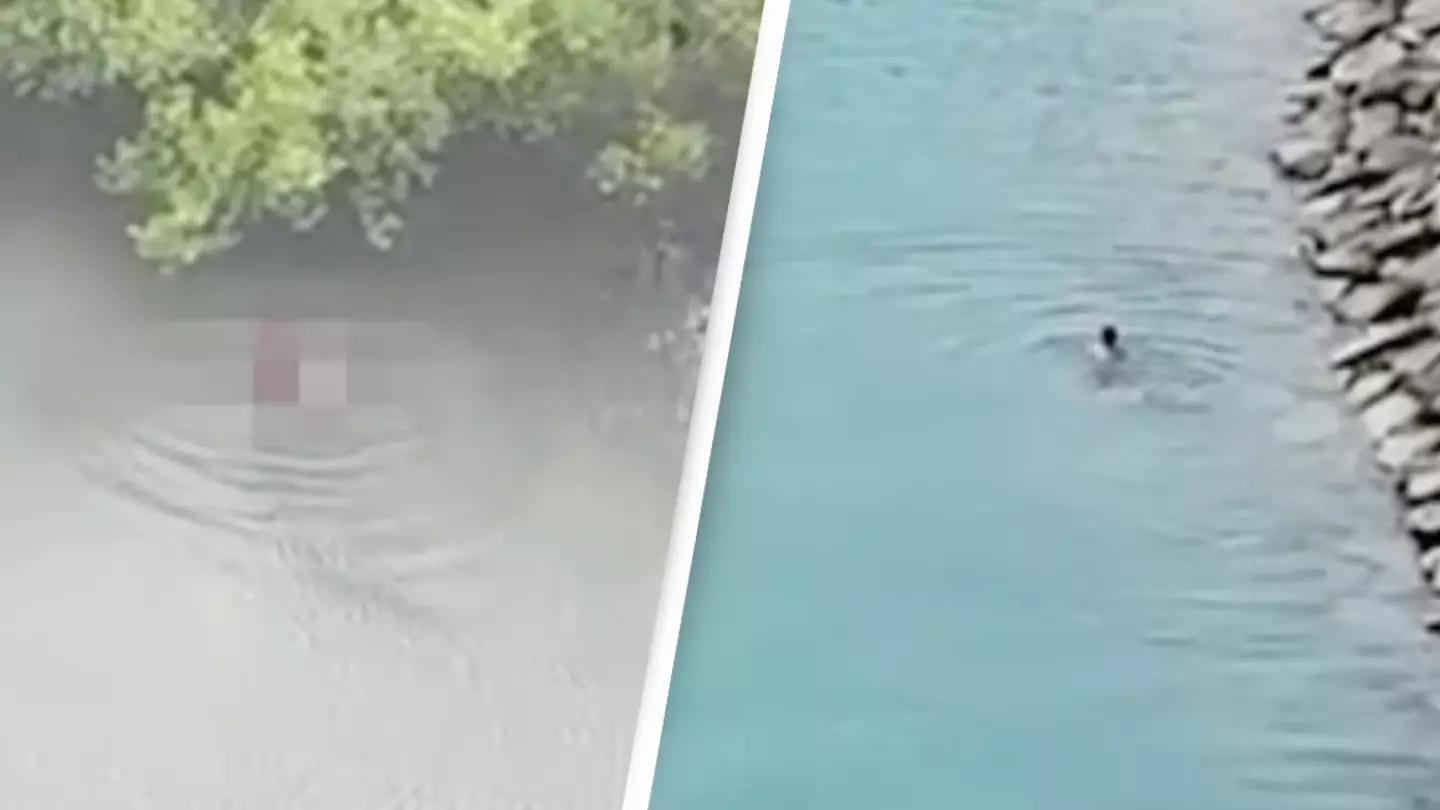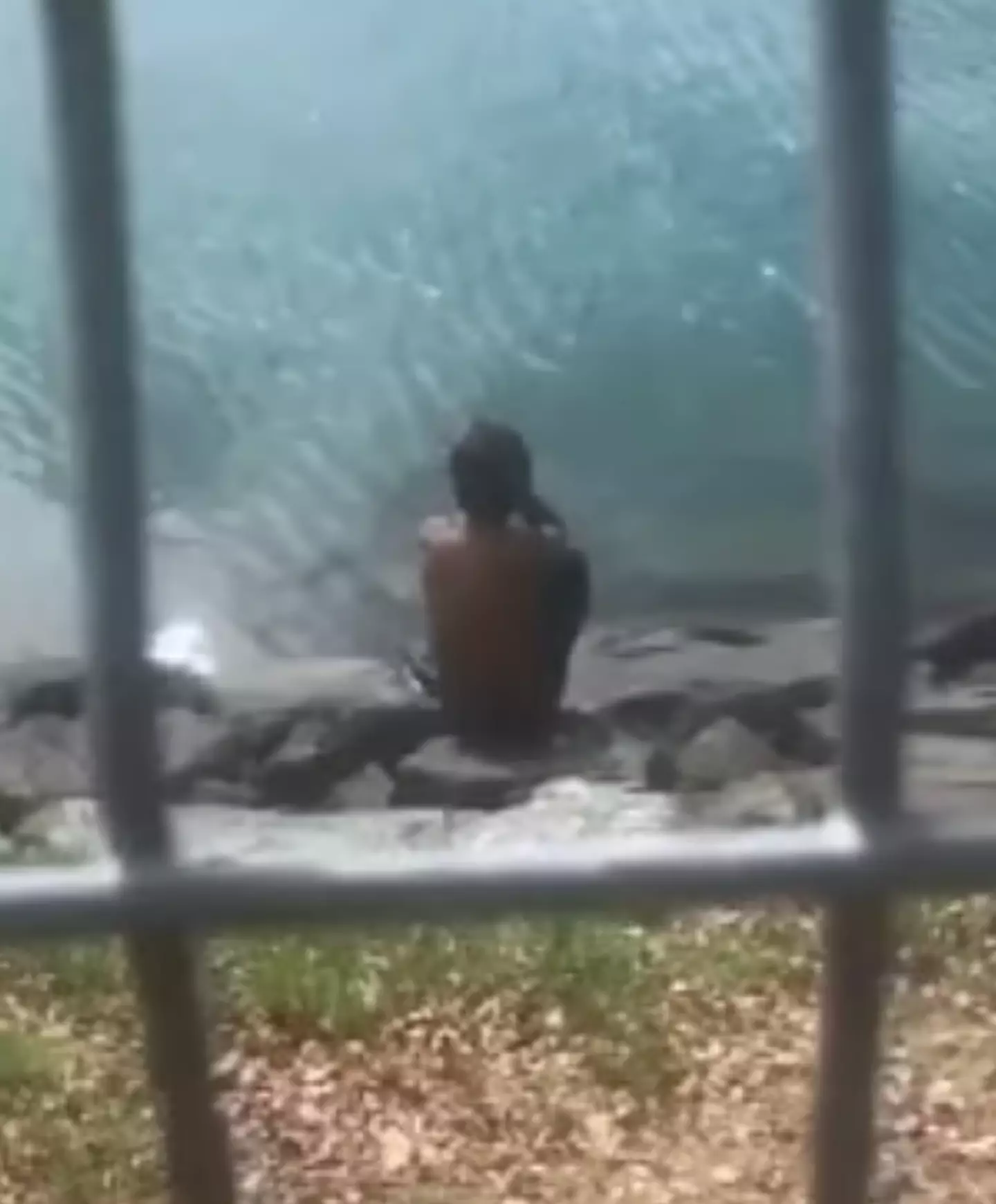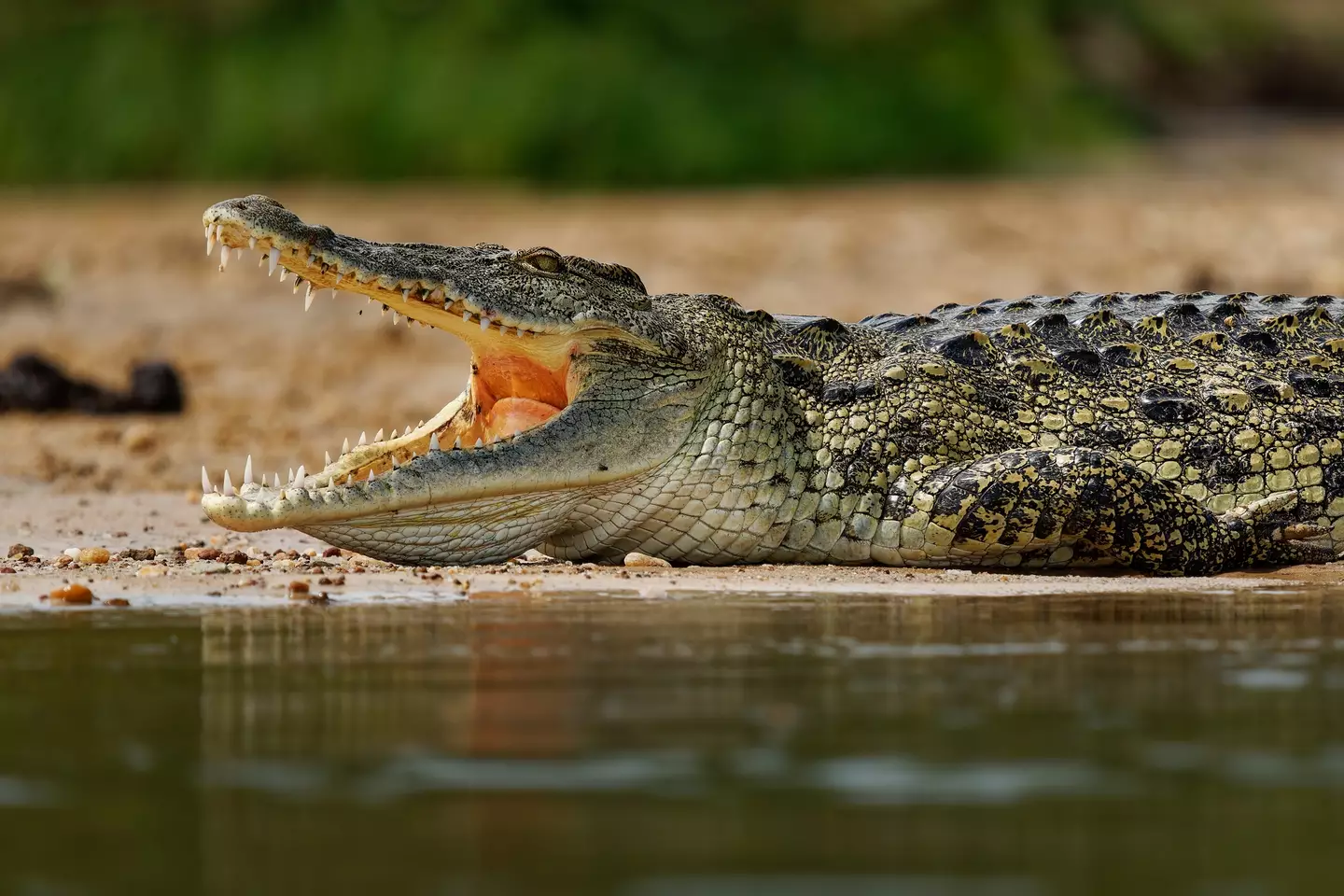Tragic Crocodile Attack Claims Life of One-Year-Old Boy in Sabah, Malaysia
What began as a routine morning fishing trip in Lahad Datu, Sabah, Malaysia, quickly turned into a nightmare no parent could imagine. On the morning of Thursday, June 19, a crocodile lunged at a canoe, violently snatching a one-year-old boy from his father’s arms. The horrifying attack left the family and local community shaken, raising urgent questions about safety in these waters.

Eyewitnesses recount the terrifying moment the crocodile struck. The father desperately tried to wrestle his son free from the predator’s grasp but was unable to save him. In the struggle, he sustained serious head and body injuries. Local villagers rushed to assist, pulling him from the water and rushing him to Lahad Datu Hospital for emergency treatment.
Sumsoa Rashid, head of the Lahad Datu Fire and Rescue Agency, confirmed the ongoing search efforts:
“The father suffered severe injuries and has been taken to Lahad Datu Hospital for treatment. Unfortunately, his son is still missing, and search operations are ongoing.”
Authorities have warned residents to exercise extreme caution, emphasizing the persistent danger crocodiles pose in the area. Many locals rely on the river daily for food and livelihood, highlighting the complex balance between human survival and wildlife hazards.

“We have urged everyone to exercise extreme caution as the crocodile is likely still nearby,” added Rashid.
The Royal Malaysian Police are actively involved in the search for the boy’s body. While crocodile attacks remain rare, they are often fatal, underscoring the need for vigilance.
Context and Comparisons
Similar tragic and dangerous crocodile encounters have been reported elsewhere:
In 2022, Australian authorities euthanized a “problem crocodile” at Lake Argyle after it attacked a 38-year-old woman. The animal had exhibited aggressive behavior in a popular swimming area, prompting concerns for public safety.

In the Philippines, a tourist survived a crocodile attack at Kabug Mangrove Park and Wetlands zoo after mistaking the animal for a statue — a reminder of how deceptive these predators can be.
Conclusion
This heartbreaking incident in Sabah is a stark reminder of the risks faced by communities living and working alongside powerful predators like crocodiles.
The loss of a young child highlights the unpredictable nature of wildlife encounters and the fragility of human life when confronted with nature’s raw instincts.
For the affected family, community, and authorities, this tragedy reinforces the urgent need for increased awareness, safety measures, and cooperation to protect lives while respecting the ecosystem in which both humans and crocodiles coexist.
